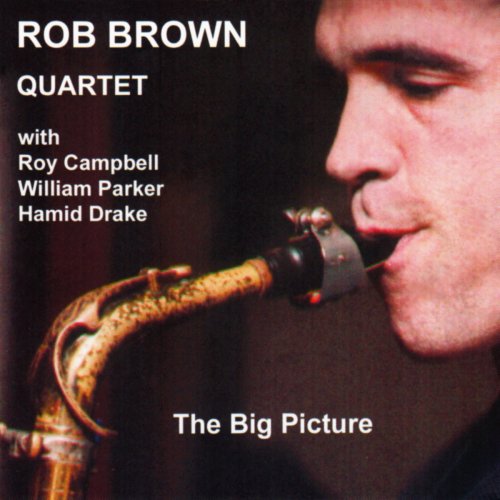Ennio Morricone - Quentin Tarantino's The H8ful Eight (2015)
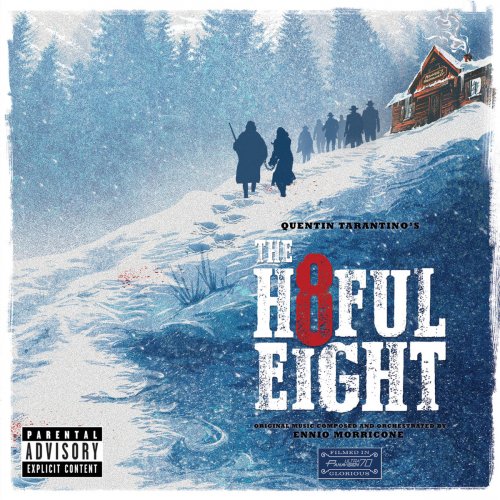
Artist: Ennio Morricone
Title: Quentin Tarantino's The H8ful Eight
Year Of Release: 2015
Label: Decca
Genre: Modern Classical, Country, Folk, Soundtrack
Quality: 320 / FLAC (tracks+.cue,log)
Total Time: 1:12:49
Total Size: 175 / 338 Mb
WebSite: Album Preview
Tracklist: Title: Quentin Tarantino's The H8ful Eight
Year Of Release: 2015
Label: Decca
Genre: Modern Classical, Country, Folk, Soundtrack
Quality: 320 / FLAC (tracks+.cue,log)
Total Time: 1:12:49
Total Size: 175 / 338 Mb
WebSite: Album Preview
1. Ennio Morricone - L'Ultima Diligenza Di Red Rock (7:32)
2. Ennio Morricone - Overture (3:11)
3. Jennifer Jason Leigh, Kurt Russell, Samuel L. Jackson - "Major Warren Meet Daisy Domergue" (0:33)
4. Ennio Morricone - Narratore Letterario (2:02)
5. The White Stripes - Apple Blossom (2:15)
6. Tim Roth & Kurt Russell - "Frontier Justice" (1:51)
7. Ennio Morricone - L'Ultima Diligenza Di Red Rock (2:38)
8. Ennio Morricone - Neve (12:17)
9. Kurt Russell & Michael Madsen - "This Here Is Daisy Domergue" (1:02)
10. Ennio Morricone - Sei Cavalli (1:22)
11. Ennio Morricone - Raggi Di Sole Sulla Montagna (1:42)
12. Samuel L. Jackson, Walton Goggins, Bruce Dern - "Son Of The Bloody Nigger Killer Of Baton Rouge" (2:44)
13. Jennifer Jason Leigh - Jim Jones At Botany Bay (4:11)
14. Ennio Morricone - Neve (2:06)
15. Samuel L. Jackson, Demián Bichir, Walton Goggins - "Uncle Charlie's Stew" (1:42)
16. Ennio Morricone - I Quattro Passeggeri (1:50)
17. Ennio Morricone - La Musica Prima Del Massacro (2:01)
18. Ennio Morricone - L'Inferno Bianco (3:32)
19. Tim Roth, Walton Goggins, Kurt Russell - The Suggestive Oswaldo Mobray (0:48)
20. David Hess - Now You're All Alone (1:31)
21. Ennio Morricone - Sangue E Neve (2:06)
22. Ennio Morricone - L'Inferno Bianco (3:33)
23. Ennio Morricone - Neve (2:03)
24. Walton Goggins, Jennifer Jason Leigh, Michael Madsen - Daisy's Speech (1:33)
25. Ennio Morricone - La Lettera Di Lincoln (1:42)
26. Ennio Morricone & Walter Goggins - La Lettera Di Lincoln (1:47)
27. Roy Orbison - There Won't Be Many Coming Home (2:45)
28. Ennio Morricone - La Puntura Della Morte (0:28)
Ennio Morricone's score for Quentin Tarantino's The Hateful Eight marks the 87-year-old legend's first work on a Western-themed film in over 30 years. His melodies are still simple, relying on a few notes to form a backbone from which he never strays far. Morricone still trusts that a few strong musical ideas can supply lots of atmosphere and emotion throughout an epic-length film.
Eighty-seven-year old legend Ennio Morricone occupies a unique position among film composers. He's known outside of his industry, a rarity for any score-writer not named John Williams. And he's one of the few film composers whose work has had a significant impact on rock music (perhaps only John Carpenter can claim more). In fact, the work that first brought him fame—his iconic soundtracks for Sergio Leone's mid-1960s Spaghetti Westerns—might have had more influence on rock musicians than film composers. Whenever I hear dramatic rock using echoey twang and dusty atmospheres—examples include Labradford, Thinking Fellers Union Local 282 (who covered Morricone's music for Leone), and Earth—I immediately think of scenes from The Good, The Bad, and The Ugly.
All of which makes Morricone's decision to score Quentin Tarantino's The Hateful Eight immediately interesting, since it's the first Western-themed film he has worked on in over 30 years. Doubling the intrigue is the fact that some of the music is a cross-pollination of Morricone and Carpenter's visions. Due to time constraints, Morricone re-used pieces he wrote for the latter's 1982 thriller The Thing which Carpenter ultimately didn't include. Then there are the facts that Tarantino has never made a fully-scored film before—he's only used previously-recorded music—and that Morricone once said he "wouldn't like to work with [Tarantino] again, on anything" (a statement he later partially rescinded.)
So there's a lot of promise in The Hateful Eight soundtrack, and the final result delivers—though not necessarily due to the factors above. Morricone's return to the Western genre ends up somewhat coincidental; this music is more in line with his later, traditionally-filmic orchestral work, and there's nary a guitar twang to be heard. The score's relation to Carpenter (whose own music has undergone a recent underground revival) is more evident. Morricone's themes have the kind of primal tension that Carpenter used so well in his other movies, but in this case transposed from synth to orchestra.
Eighty-seven-year old legend Ennio Morricone occupies a unique position among film composers. He's known outside of his industry, a rarity for any score-writer not named John Williams. And he's one of the few film composers whose work has had a significant impact on rock music (perhaps only John Carpenter can claim more). In fact, the work that first brought him fame—his iconic soundtracks for Sergio Leone's mid-1960s Spaghetti Westerns—might have had more influence on rock musicians than film composers. Whenever I hear dramatic rock using echoey twang and dusty atmospheres—examples include Labradford, Thinking Fellers Union Local 282 (who covered Morricone's music for Leone), and Earth—I immediately think of scenes from The Good, The Bad, and The Ugly.
All of which makes Morricone's decision to score Quentin Tarantino's The Hateful Eight immediately interesting, since it's the first Western-themed film he has worked on in over 30 years. Doubling the intrigue is the fact that some of the music is a cross-pollination of Morricone and Carpenter's visions. Due to time constraints, Morricone re-used pieces he wrote for the latter's 1982 thriller The Thing which Carpenter ultimately didn't include. Then there are the facts that Tarantino has never made a fully-scored film before—he's only used previously-recorded music—and that Morricone once said he "wouldn't like to work with [Tarantino] again, on anything" (a statement he later partially rescinded.)
So there's a lot of promise in The Hateful Eight soundtrack, and the final result delivers—though not necessarily due to the factors above. Morricone's return to the Western genre ends up somewhat coincidental; this music is more in line with his later, traditionally-filmic orchestral work, and there's nary a guitar twang to be heard. The score's relation to Carpenter (whose own music has undergone a recent underground revival) is more evident. Morricone's themes have the kind of primal tension that Carpenter used so well in his other movies, but in this case transposed from synth to orchestra.
![LRK Trio, Elizaveta Korneyeva and Euphoria Orchestra - LRK Orchestra (2025) [Hi-Res] LRK Trio, Elizaveta Korneyeva and Euphoria Orchestra - LRK Orchestra (2025) [Hi-Res]](https://www.dibpic.com/uploads/posts/2025-12/1766210674_qm8oj75twl1x5_600.jpg)
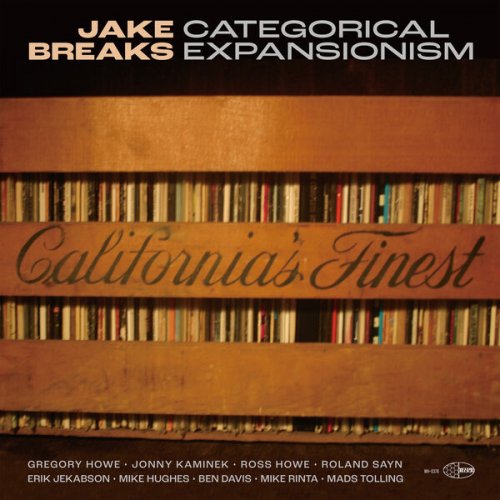

![Teho Teardo, Blixa Bargeld - Christian & Mauro (2024) [Hi-Res] Teho Teardo, Blixa Bargeld - Christian & Mauro (2024) [Hi-Res]](https://img.israbox.com/img/2025-12/21/bjlcx9vjtvjfc16apdpl5r09h.jpg)
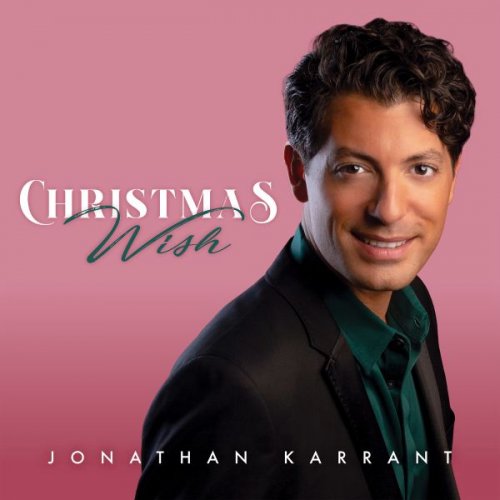
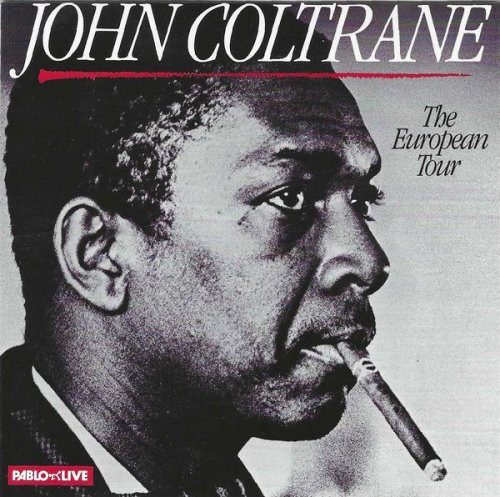
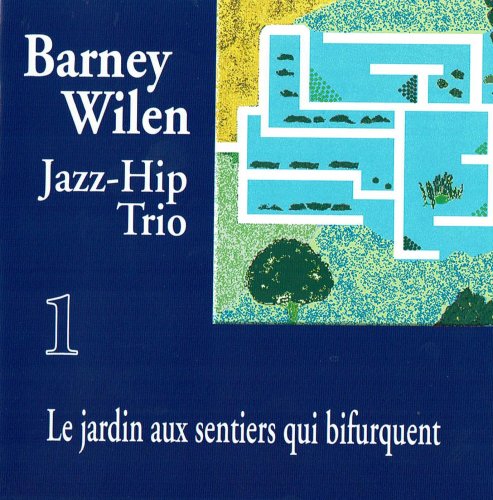
![Clifton Chenier - Classic Clifton (1980) [Hi-Res] Clifton Chenier - Classic Clifton (1980) [Hi-Res]](https://img.israbox.com/img/2025-12/20/7uht6cuaz3rb4d8ybfskyckea.jpg)
